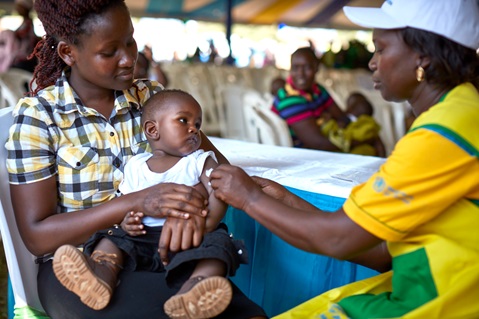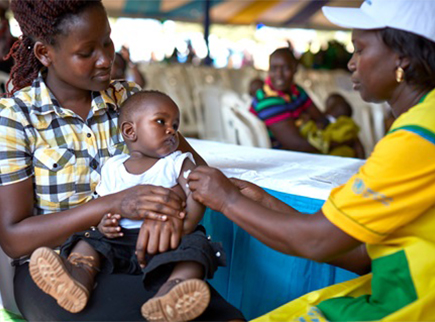Hope for Future Generations (HFFG) has called on the government to adopt long-term domestic resource mobilisation strategies to achieve vaccine sovereignty.
In a statement shared with the Ghana News Agency, the non-governmental organisation recommended mechanisms such as advance payments, private sector involvement, and clear immunisation budget lines to reduce reliance on emergency interventions.
“Vaccines are one of the most cost-effective health interventions. Now is the time to move from reactive financing to a sustainable and fully domestically resourced vaccine programme,” the statement read.

HFFG commended the Government of Ghana for fulfilling its 2025 co-financing obligation of USD 24.5 million, describing it as “a decisive action [that] secures the country’s vaccine supply for the year and demonstrates a strong political will to protect the health of every child in Ghana.”
“This payment marks a significant step towards preventing vaccine shortages and safeguarding the nation’s immunisation programme,” the statement said.
The organisation reaffirmed its commitment to working with government, parliament, development partners and communities to strengthen health systems and ensure no child dies from a vaccine-preventable disease.
Historically, Ghana’s immunisation programme has depended heavily on support from international partners such as Gavi, the Vaccine Alliance.
Gavi’s support is transitional; countries are required to take on an increasing share of immunisation costs over time.

